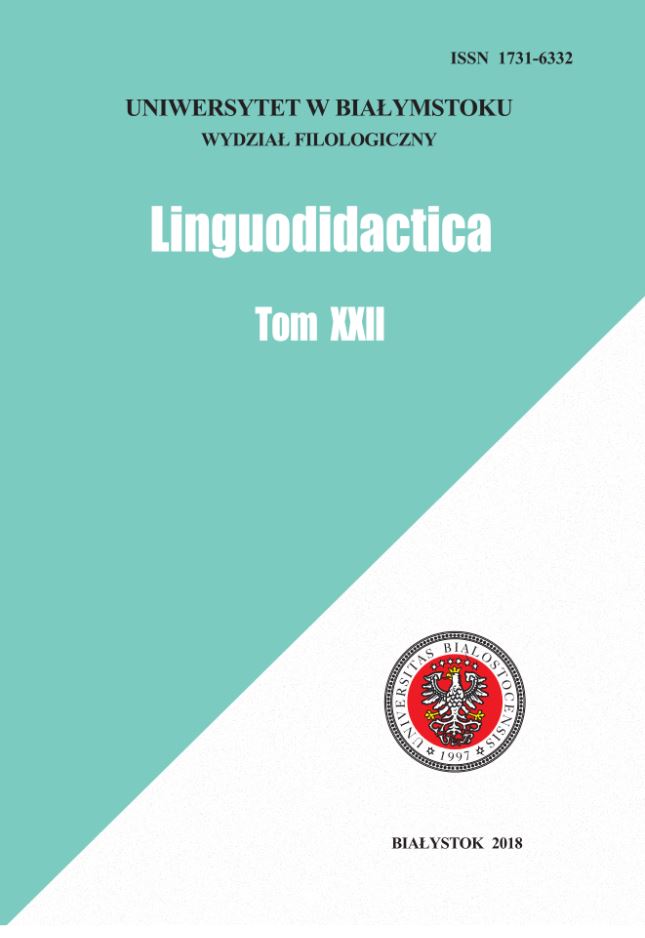O niektórych mniej popularnych modelach nazwisk odimiennych na Podlasiu (Bielsk Podlaski , Hajnówka , Siemiatycze )
On some less popular patterns of surnames originating from forenames used in the Podlasie region (Bielsk Podlaski, Hajnówka, Siemiatycze)
Author(s): Michał MordańSubject(s): Language studies, Language and Literature Studies, Theoretical Linguistics, Historical Linguistics, Eastern Slavic Languages
Published by: Wydawnictwo Uniwersytetu w Białymstoku
Keywords: linguistic;, onomastics; anthroponymy; surnames; surnames originating from forenames
Summary/Abstract: The article discusses the least popular formative patterns of surnames originating from forenames used today in Bielsk Podlaski, Hajnówka and Siemiatycze. Analysis of statistical data revealed that among surnames with formative elements the least frequent were derivative anthroponyms with the suffixes -ow/-ew (e.g. Charitonow, Wasiljew), -enko (e.g. Antonienko, Roszczenko), -in/-yn (e.g. Danilin, Guryn), -ejko (e.g. Miczejko), -owiak (e.g. Waszkowiak), -enia (e.g. Mojsienia), as well as single cases of surnames ending with -ajło (Kiczkajło), -anis (Walendukanis), -atus (Polikatus), -eńko (Stasieńko), -(l)er (Feszler), -ów (Sobków), -son (Patterson). Considering motivational aspects, most surnames were derived from forenames associated with Christian culture (in the Eastern Slavic/Orthodox Church or Polish variants), and less frequently from forenames not associated with religion (in surnames such as Dobrenko, Jaganow, Myślejko, Radzymin).
Journal: Linguodidactica
- Issue Year: 2018
- Issue No: 22
- Page Range: 125-142
- Page Count: 18
- Language: Polish

